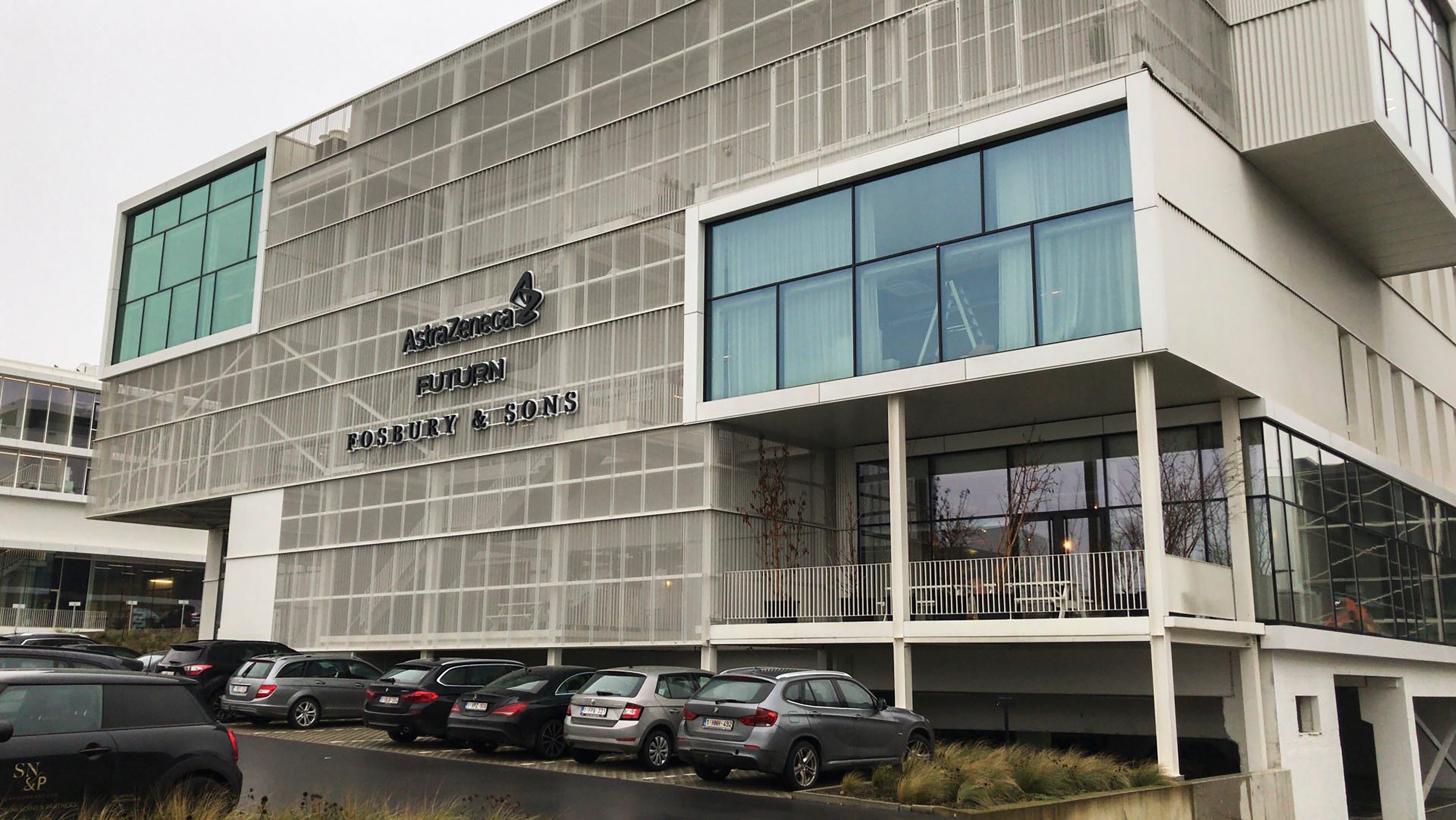The vaccine bust up between Britain and the EU is a lose-lose situation – but is it a sign of things to come?
Viruses don’t respect either ideology or national borders but the sabres are rattling as if they do. The politics are bad but given the way Britain has poisoned relations with the EU that’s not surprising, writes James Moore


Oh dear. Anglo-Swedish pharmaceutical giant AstraZeneca and the EU held talks, over the supply snafus that have led to shortages of stocks of its vaccine on the continent, which were described as “constructive” with language such as “working together to resolve issues” being used.
But a vaccine-deprived EU has nonetheless put in place a mechanism that would allow exports from members states to be restricted, which could affect supplies of the alternative Pfizer vaccine, the UK supplies of which are made in Belgium.
There are a lot of politics at work here, mostly bad politics. We’re used to the EU behaving as the grown up, but for once that mightn’t be the case.
Some background: a rare bright spot for the UK government, which has presided over one of the highest per capita Covid death tolls in the world, has been its success, to date, with its vaccination programme. This has resulted in roughly 10 per cent of the population having had the first of the two shots required to protect them against the virus by the trio of treatments being used.
The figure for the EU is, by contrast, about 2 per cent. Its process has enabled the EU to purchase very cheaply as a bloc. The setting aside of nationalism among its members to act in concert is also, in many ways, a fine thing. But it has also slowed things up.
Europe has yet to formally approve AZ’s treatment, but while that is expected to come on Friday the company has announced a 67 per cent reduction in first quarter supplies, which is a heavy blow.
An agreement to purchase 300 million doses of the company’s vaccine, developed in conjunction with Oxford University and initially sold at cost, was signed in August with an option for 100 million more, some three months months after the UK struck its own deal.
The EU has a still bigger one in place with Pfizer-BioNTech, but it is has also faced delays in getting supplies of that jab too.
Enter the EU’s health commissioner Stella Kyriakides, who argued that some of the UK output of the AstraZeneca vaccine should be diverted to Europe to fulfil the jab makers contract, while rejecting "the logic of first-come first-served”.
”That may work at the neighbourhood butcher's but not in contracts, and not in our advanced purchase agreements,” she said.
This was interpreted as a response to AstraZeneca CEO Pascal Soirot, who said that the extra time afforded the company by the UK signing earlier had been used to "fix all the glitches we experienced”.
A row with Britain might suit the EU, given that it has been taking some flak for the slower speed of its vaccination programme when compared to those of the UK or the US. Boris Johnson is a past master of that sort of tactic.
With a fire and a jerry can of oil to hand, you might expect the British prime minister to pile in given his miserable past form.
But asked about whether the UK would impose export controls in response to an EU move on Pfizer’s vaccine (Britain’s supplies of it are made in Belgium), Johnson said: “The Oxford/AstraZeneca vaccine is obviously very important for our country and for the world and the matter in question is for our friends in the EU and AstraZeneca.”
Pressed repeatedly he insisted: “I’ll stick to my lines.”
Well there’s a first time for everything.
These are strange times when Johnson, of all people, shows signs of grown-up behaviour given the delighted response of said tabloids were he to wade feet first into the row. But how long will this last?
With Britain having recorded its 100,000th death, perhaps the number was on his mind. It should have been. He should also have been aware that were Britain to have to rely on home-produced vaccine the widespread – dare I say herd – immunity needed to contain the virus might be delayed by two months. The cost of that could be fatal to some. The economy would also be deprived of billions of pounds.
The hard fact is that Britain needs Europe to get vaccinated just as Europe needs Britain to get vaccinated. The pair still trade. Each have the citizens of the other living within their borders. They visit.
The game of vaccine nationalism will ultimately benefit no one other than the virus. This really isn’t rocket science. And yet here we are.
You would hope that cooler heads would ultimately prevail but given the way the British government has poisoned relations with the EU27 there are no guarantees. It’s a troubling thought that this could be the shape of things to come.



Join our commenting forum
Join thought-provoking conversations, follow other Independent readers and see their replies
Comments